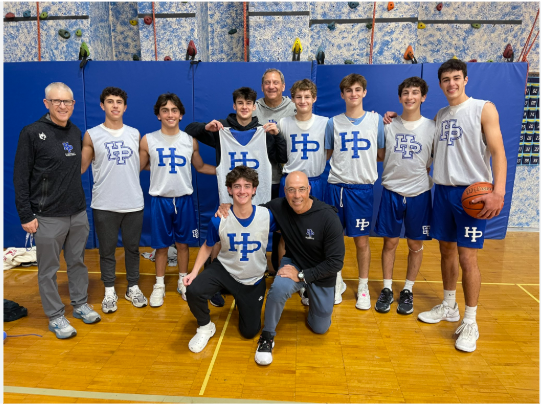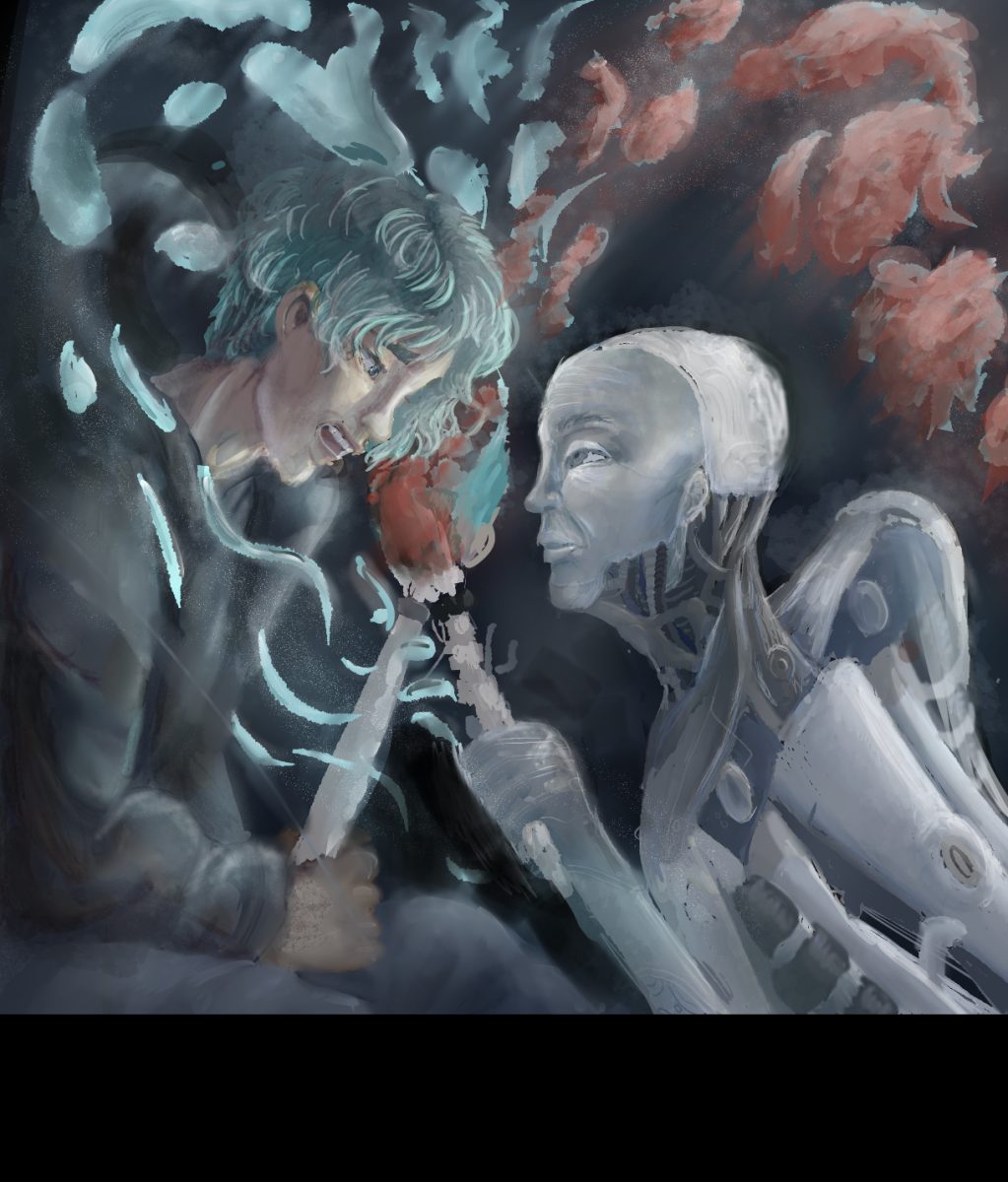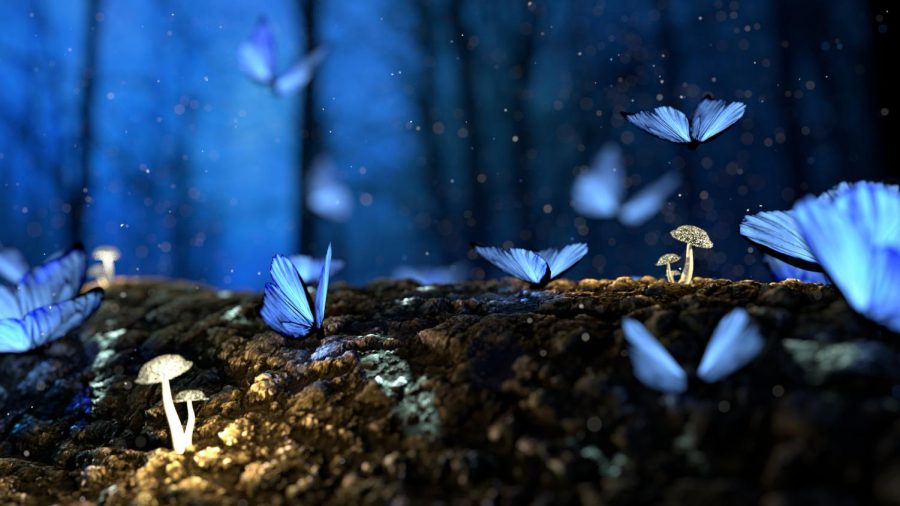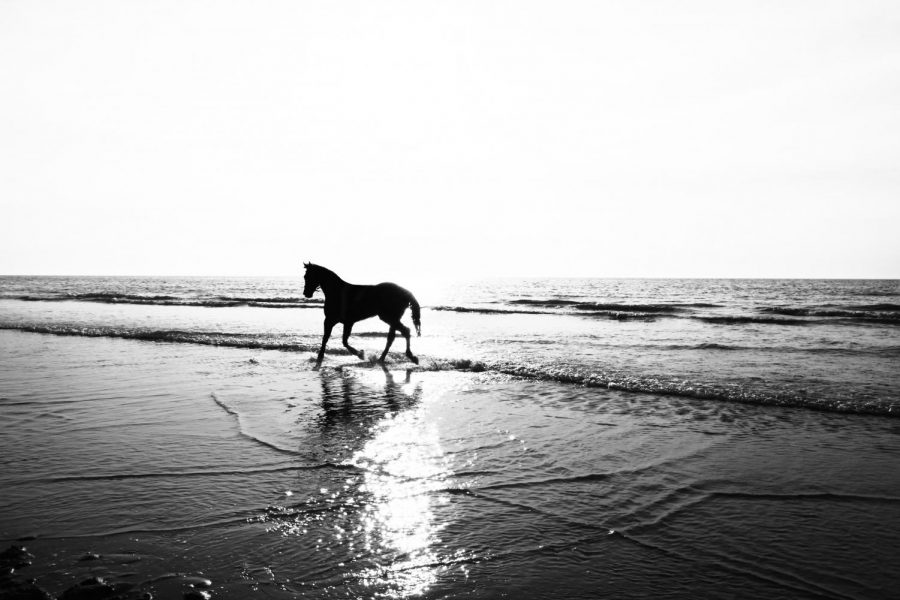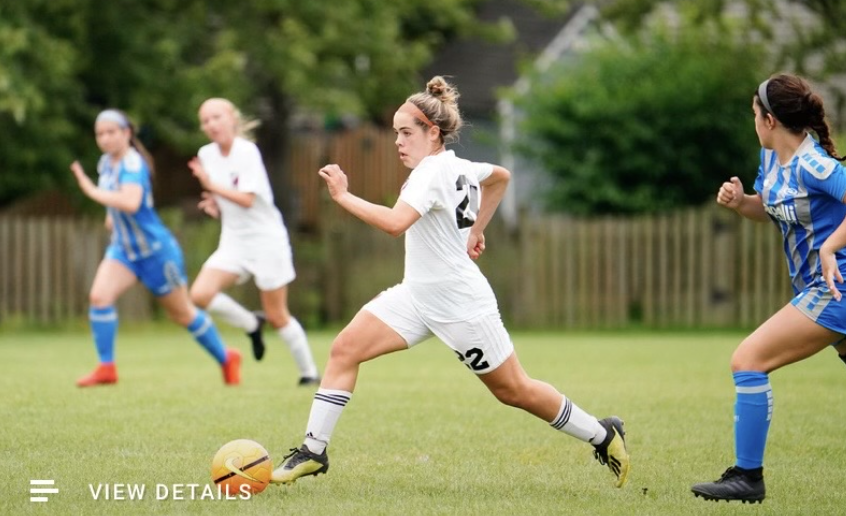Naturally, fear is an inherent motivator of human behavior. We all fall victim to anxiety or worry at some point or another, and consequently so does our decision-making. The question is, what holds the bigger role in shaping human experiences: fear or passion? Take Highland
Park High School alumni, Julia Struck, for example. Since first stepping on the field in kindergarten to play for AYSO, Julia has found an undeniable passion for the game of soccer. Committed to excelling at her sport, she set her mind to playing club soccer, later becoming a part of Highland Park’s girls varsity soccer team her junior year. The team went 10-0 to be crowned conference champions, a feat that has yet to be accomplished since her time at Highland Park.
Unfortunately, during the fall season of her senior year, Julia tore her left ACL playing for her club team. After months of physical therapy and rehabilitation, she was finally ready to step back onto the field, this time being at the collegiate level. Driven by her passion for soccer, Julia chose to commit to the College of Wooster after attending multiple ID camps and being recruited. Eager to get back to the game, she welcomed the idea of getting as many minutes as possible with open arms. In the seventh game of her freshman season, for the second time, only a year later, Julia tore her ACL. However, this time, she had torn both her ACL and meniscus in her right leg, bringing her back to square one.
What has your recovery process looked like, physically and mentally?

My first ACL tear was harder physically because I had no idea what to expect on my path toward recovery. However, it was much easier to deal with mentally than my second injury because I was just so motivated to get back to soccer in hopes of playing in college. I was also able to recognize that this was just a bump in the road. The second time I tore my ACL was much easier physically because I was so strong from already doing rehab. However, it was a lot harder mentally because I was away at school and it was my freshman year. College life is very active. To be on crutches was a big deal. I also felt like all my best friends were from soccer, which was true. But honestly, in the long run, it helped me make friends outside of soccer and become more involved in all aspects of Wooster.
What advice do you have for people battling sports-related injuries?
Take recovering from an injury as a time to focus on personal growth. When you’re out of your sport and craving to play, you feel incredibly isolated, but you have to remember to work to control what you can control. You know that eventually you’re going to be back, so take this as a time to focus on other aspects of the game, like watching film to improve your tactical ability. Honestly, do whatever works for you, but just try to better yourself. Challenge your mind while you allow your body to heal.
on personal growth. When you’re out of your sport and craving to play, you feel incredibly isolated, but you have to remember to work to control what you can control. You know that eventually you’re going to be back, so take this as a time to focus on other aspects of the game, like watching film to improve your tactical ability. Honestly, do whatever works for you, but just try to better yourself. Challenge your mind while you allow your body to heal.
How has your injury changed the way you play or view the sport?
Tearing my ACL on two occasions has brought me an overwhelming sense of gratitude when I play. My teammates have always said that I bring a sort of positive energy with me every time I step on the field. And yes, sometimes I have this thought in the back of my head that says “Oh my God, it’s gonna happen again”, but to know and accept that I will be okay if I tear my ACL again has allowed me to play with such appreciation now, which was definitely something that I have struggled with in the past due to perfectionism. I feel like a lot of people can relate to putting a lot of pressure on themselves when it comes to their sport, but now I just don’t necessarily need to do that as much. I’m still hard on myself because I want to improve, but it all comes from a place of self love.
What piece of advice do you have for high school athletes looking to compete at the collegiate level?
You definitely have to make sure you would like the school outside of the sport and that’s something that I didn’t necessarily think of when I was going through the recruitment process, but I’m very grateful that when I lost the sport, I loved the school anyways. Competing at the collegiate level is most definitely challenging, but it should feel natural at the same time. The school that you do end up going to should be a place where you feel at home. You want to look for somewhere you would feel proud to represent and be a part of that culture.
Despite two life-changing injuries, Julia has decided to stick with the sport her 6 year old self fell in love with all those years ago. In the end, fear and passion had waged a war in her mind, with passion coming out victorious.

